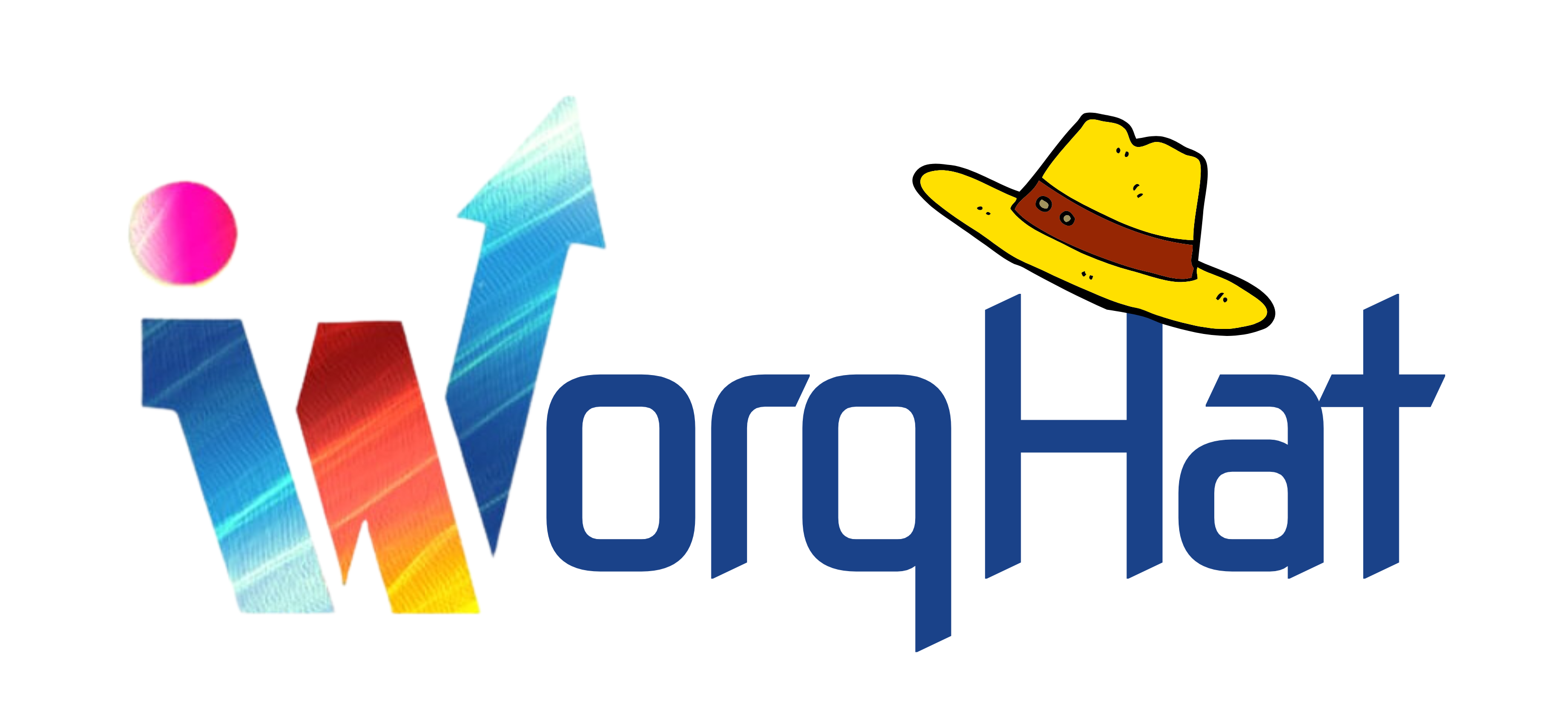Overview
The Calendar Fetch Events node retrieves a list of events from a connected calendar within a specific date range. It allows you to automatically collect event data such as titles, times, participants, meeting links, and organizers. This node is ideal for building workflows that depend on upcoming or past events — for example, generating daily reports, summarizing meetings, or syncing event details with external systems like CRMs or chat tools.Description
The Calendar Fetch Events node connects to your calendar service and pulls event information based on your defined criteria. You can specify:- A calendar ID to fetch events from a particular calendar.
- A start date and end date to define the time window.
Input Parameters
The Calendar Fetch Events node requires the following parameters to define which events to retrieve.-
calendarId
The unique identifier of the calendar to fetch events from.
Example:
"primary"or a custom calendar ID. -
startDate
The ISO-formatted start date and time from which events should be fetched.
Example:
"2025-11-01T00:00:00Z". -
endDate
The ISO-formatted end date and time until which events should be fetched.
Example:
"2025-11-07T23:59:59Z".
- All date values must be in ISO 8601 format for compatibility.
- The date range can include both past and upcoming events.
-
You can access input values using:
Output Parameters
After execution, the Calendar Fetch Events node returns detailed information about all the events that match the specified criteria.- events[] A list of all retrieved events. Each item in the list contains event details such as title, organizer, and meeting links.
- events[].eventId The unique identifier of each event.
-
events[].status
The status of the event, such as
"confirmed","tentative", or"cancelled". - events[].title The event’s title or name.
- events[].description The event’s description or agenda text.
- events[].location The physical or virtual location of the event.
- events[].startDate The event’s start time in ISO format.
- events[].endDate The event’s end time in ISO format.
- events[].creator The email address or name of the event creator.
- events[].organizer The email or identifier of the meeting organizer.
- events[].attendees[] A list of all attendees invited to the event.
- events[].attendees[].name The name of an attendee.
-
events[].attendees[].status
The attendance response — for example,
"accepted","declined", or"tentative". - events[].eventLink A direct URL to view the event in the calendar.
- events[].meetLink The Google Meet link, if a meeting link is attached to the event.
- events[].meetId The unique identifier of the attached Google Meet session.
- events[].createdAt Timestamp when the event was created.
- events[].updatedAt Timestamp when the event was last updated.
- totalEvents The total count of events retrieved in the query.
- timezone The time zone associated with the calendar from which events were fetched.
Output Type
Output Type: JSON The node returns data in a structured JSON format, making it easy to use in downstream nodes for filtering, summaries, or reporting.Example Usage
Example 1: Fetch Events for the Current Week
Example 2: Fetch Events for a Specific Calendar
How to Use in a No-Code Workflow
- Add the Calendar Fetch Events Node Drag and drop the node into your workflow from the Utilities category.
- Connect a Trigger Node Link a trigger node, such as a Time Trigger or Email Trigger, to decide when to fetch events (e.g., daily or weekly).
-
Configure Input Parameters
- Enter the
calendarId(e.g.,"primary"). - Define the
startDateandendDatefor the event range.
- Enter the
- Connect to Downstream Nodes Use the event data in downstream nodes like Text Generation (for summaries), Slack Message (for notifications), or Google Sheets (for logging).
- Test the Workflow Run a manual test to verify the data fetched matches your calendar events.
- Save and Activate Once tested, activate the workflow for scheduled event retrieval.
Best Practices
- Always use valid ISO 8601 date and time formats to avoid data errors.
- Keep the date range short (e.g., one week or one month) for faster performance.
- Use the
timezoneoutput to align events across regions. - Combine this node with a Text Generation Node to automatically summarize daily or weekly meetings.
- If your calendar has multiple sources, fetch and merge results from separate nodes.
- Regularly refresh your authentication or calendar connection credentials.
Example Workflow Integration
Use Case: Generate a daily summary of meetings and post it to Slack. Workflow Steps:- Trigger Node: Time Trigger (Runs every morning at 8 AM.)
- Utility Node: Calendar Fetch Events Node (Retrieves all meetings for the day.)
- AI Node: Text Generation (Summarizes the fetched events into a short message.)
- Utility Node: Slack Message (Sends the summary to the team channel.)
Common Errors
- “Invalid calendarId” Cause: The specified calendar ID is incorrect or inaccessible. Solution: Verify the ID and ensure proper permissions.
-
“Invalid date format”
Cause: Dates are not in ISO 8601 format.
Solution: Use properly formatted timestamps, e.g.,
"2025-11-01T09:00:00Z". - “No events found” Cause: The date range or calendar is empty. Solution: Adjust the date range or verify that the calendar contains events.
- “Connection error” Cause: The integration with the calendar service failed. Solution: Reconnect your calendar integration and try again.

